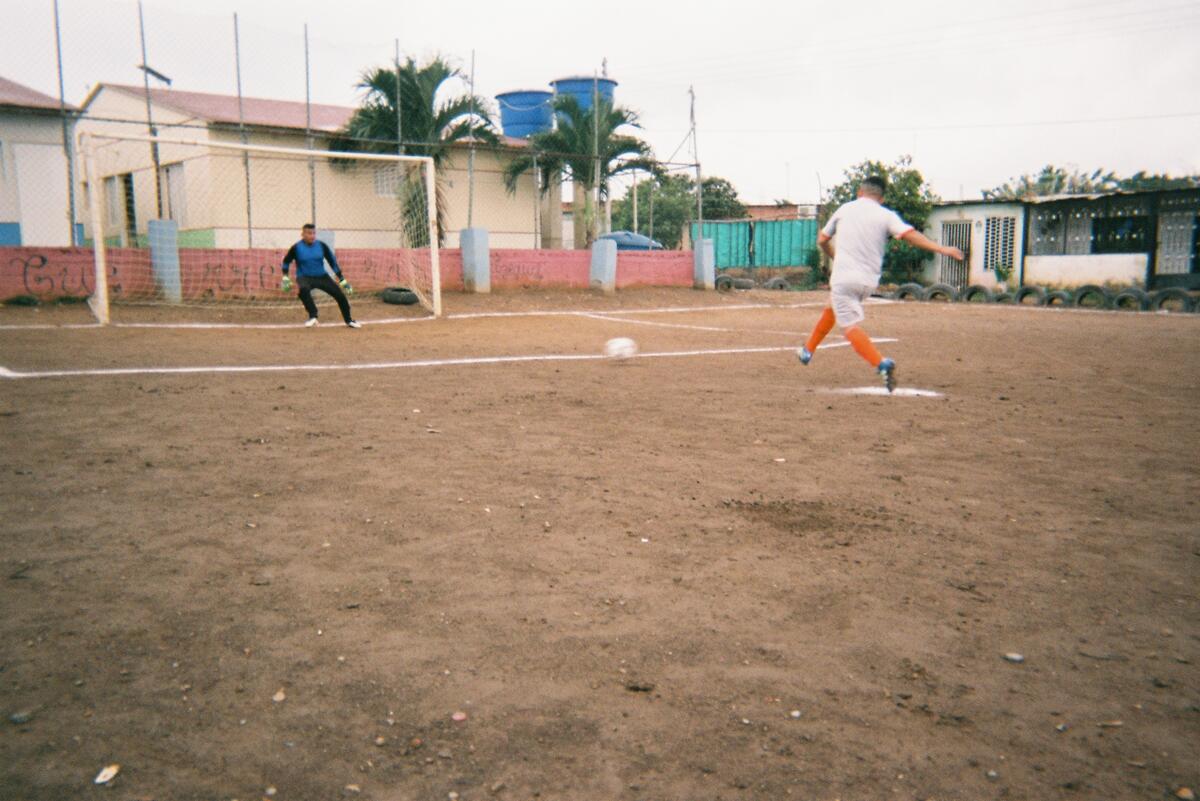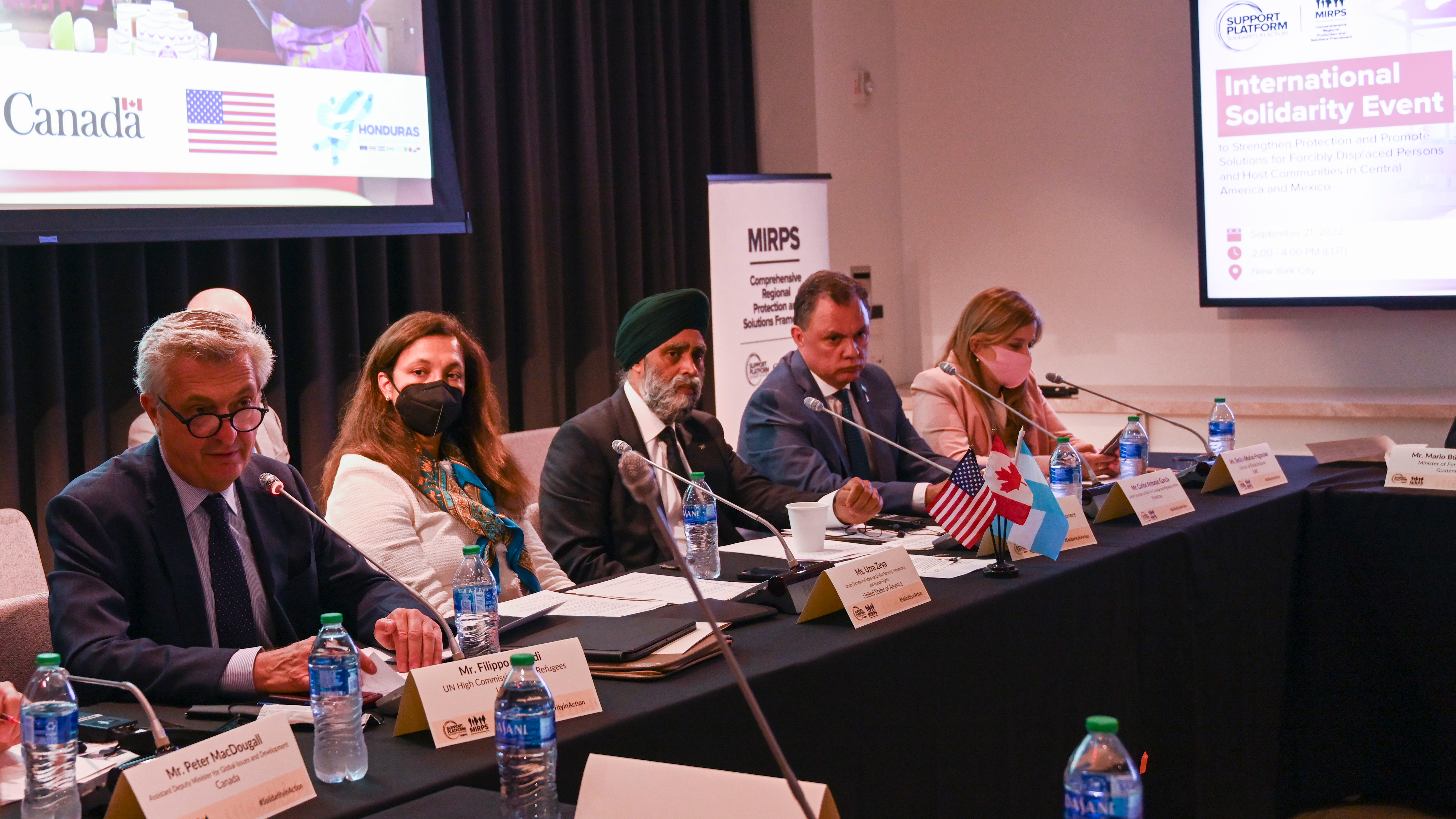Colombian indigenous leaders flee to Panama
Colombian indigenous leaders flee to Panama
Seven leaders of an indigenous group recently forced from their ancestral lands by one of Colombia's irregular armed groups, have fled with their families to neighbouring Panama because of continuous threats and fears for their safety. On Tuesday, the group of 47 people arrived on three small boats in the Darién region of Panama's Pacific coast after a difficult crossing on rough seas.
The Director of UNHCR´s Bureau for the Americas, Philippe Lavanchy, who was in Panama on an official mission this week, was informed of the group's arrival by the national body for refugee affairs (ONPAR). He immediately went to the Darién region and held talks with the authorities to ensure the newcomers would be allowed to stay and seek asylum in Panama. The Ministry of Government and Justice later confirmed that, in accordance with international law, the 47 would be allowed to remain.
The asylum seekers are members of Colombia's Wounaan indigenous group. In early April, hundreds of Wounaans fled their ancestral territories in western Colombia after two of their leaders were killed within 48 hours. They took refuge in the small town of Istmina where Lavanchy, who was on mission in Colombia at the time, first met them. He negotiated with the local authorities to improve the group's living conditions in Istmina and heard the concerns of the displaced community. Among them were several people who had received direct death threats from the irregular armed group that had caused their flight.
The seven leaders who arrived in Panama this week with their families were part of the group of people that had received direct death threats. They said they eventually crossed the border because they felt their safety could not be guaranteed within Colombia. UNHCR´s office in Panama will provide the newcomers with legal and humanitarian aid as needed. A UNHCR staff member will stay in the Darién region to provide emergency assistance and make sure the group is allowed to remain and receives adequate protection.
During his visit to Panama, Lavanchy also met President Martin Torrijos Espino, to discuss the situation of the group as well as review refugee affairs in Panama generally. The majority of refugees and people of concern to UNHCR in Panama live either in Panama City or in the Darién region, a vast and inhospitable jungle that forms the border between the two countries. Many of those in the Darién are Colombian indigenous people who have been forced by the violence to leave their territories on the other side of the border.
UNHCR has repeatedly expressed concern about the disproportionate impact of the conflict on Colombia's indigenous communities and warned that some smaller groups may face extinction as a result of widespread displacement from their ancestral lands.









